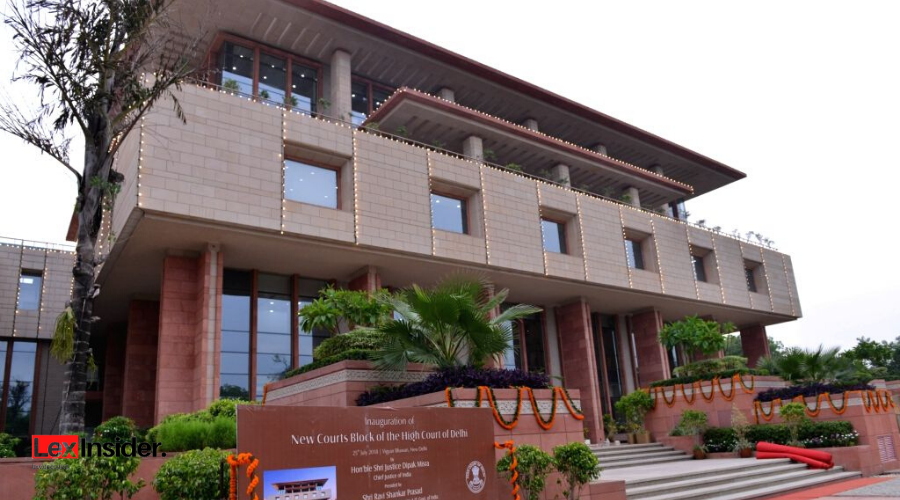A judicial Member of the NCLT approached the Delhi High Court with a petition seeking a status quo on a transfer order. If effectuated, the Petitioner, Rajasekhar VK, would be transferred from the Mumbai Bench to the Kolkata Bench. The member challenged the order; on the grounds that it stands against the rules of transfer laid down by the Apex Court. The petitioner challenged another order; which, if effectuated, would allegedly result in a violation of the law. The order in question refers to the one which allowed the transfer of the Acting President of the NCLT to the Mumbai Bench. However, the surprising element remains the fact that the President signed the impugned order himself.
The Gordian Knot
According to the Petitioner, the Acting President of the NCLT, BSV Prakash Kumar, had violated the law on several accounts. The Petitioner had been appointed on the Mumbai Bench in May 2019; following which he stood instructed to transfer to the Kolkata Bench on May 12. Correspondingly, the President received an order of transfer himself, which posted him on the Mumbai Bench on May 12. The competent authority passed both the orders. In essence, implying that the President himself had ordered both the transfers. However, certain questions arise amidst this fog.
Points of Challenge
Order of September 2019 transferred the president to Chennai; from where he is operating ever since. Moreover, he himself had ordered his transfer, sitting on another bench. This was in clear violation of Rule 15A(2)(d) of the NCLT Rules. Furthermore, as the President of the NCLT, he is supposed to operate from the Principal Bench in New Delhi. This has been mentioned in Section 419 (2) of the Companies Act, 2013. He cannot enforce such a transfer order for himself while acting in such a capacity. As per Article 141 of the Constitution, such orders cannot be effectuated without consultation from the Law Ministry.
In addition, the Petitioner challenged the qualifications of the Respondent, stating dearth of appropriate experience. According to a Constitutional Bench judgement (UOI v. Madras Bar Association), the President must be either a sitting or former High Court Judge. However, Kumar is merely a District Judge, a point which has raised a few eyebrows.
The Petitioner urged the Court to appoint an ‘eligible member’ in the current President’s stead and have him operate from the New Delhi Bench.

